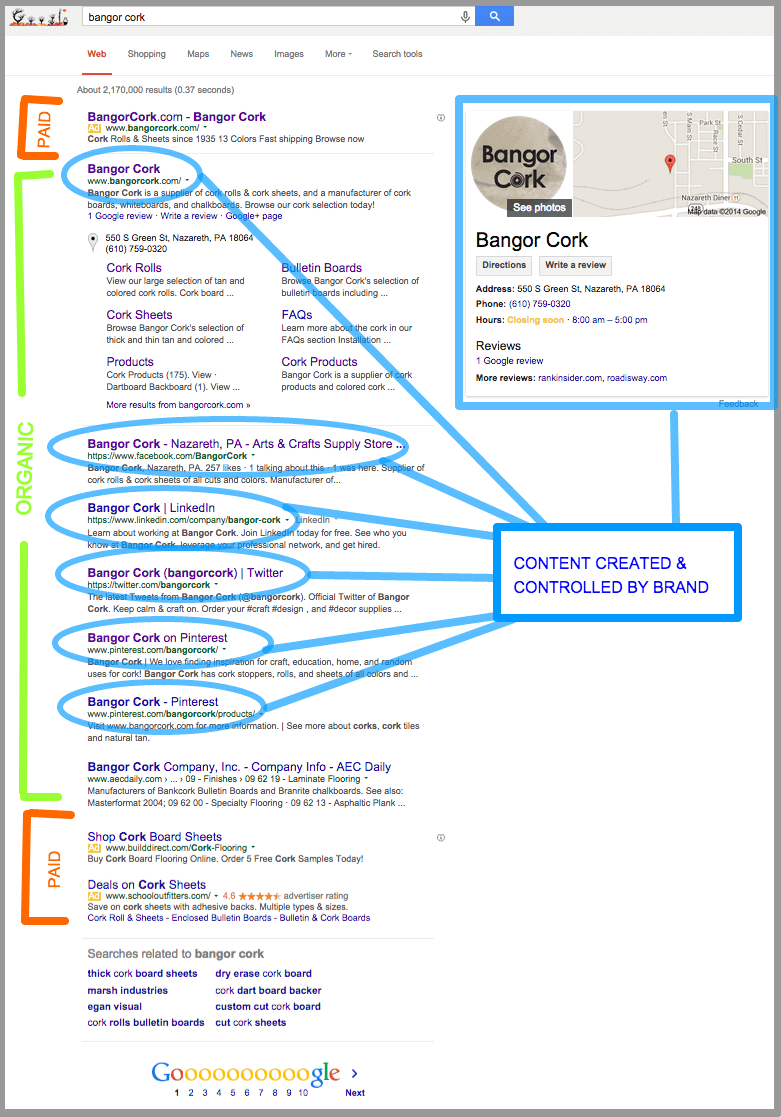5 Minutes a Day Keeps the Crawl Errors Away – Tips for Daily SEO Upkeep
Most SEOs realize that keeping sites optimized and running at their best isn’t a small task, but rather a never-ending project that requires thorough upkeep and monitoring. There’s no magic-bullet theory here. Just when you think you’ve figured it all out, major search engines (I’m looking at you, Google) will throw a curve ball and update their algorithms…leaving many SEOs scrambling to pick up the pieces and reclaim their online visibility.
But there’s hope! Luckily, if you dedicate some time each day to doing the right things, you’ll not only fair much better in overall performance, but you’ll be prepared for and less effected by major updates when they strike. Results don’t happen overnight, but rather over time with quality content, a smart strategy, and authentic execution (sorry, the days of keyword stuffing and tagging are well gone).
Here are some easy tips for daily SEO upkeep that keep your workdays manageable and search engines happy.
Make sure you’re running the right tools
At SmartAcre® we like Moz and Raventools, but Google Webmaster Tools is free, and a necessity. Tools like these help crawl your site for errors, ranging from simple issues like long URLs to more severe errors like 404s. Check on a regular basis to make sure these tools are running properly, and educate yourself on what the crawl errors mean. If your tool allows, set a weekly report to be sent to your inbox – you’ll have an up-to-date list of fixable problems and will be able to quickly identify any severe errors that need handling.
Quick tips:
- Setup GWT and research other reporting tools to help identify site performance and SEO issues.
Make on page SEO updates
If you have a crawl report in hand, it’s easy to get started. If not, there are a handful of items you can audit and fix. To fit this into your daily routine, choose one page to review. Not sure where to start? Consider a high authority page, a recently published page or article, or a page that is resulting in a good amount of conversions that you’d like to increase traffic to.
Quick tips:
Now that you’ve picked a page, conduct a quick audit. Does it:
- Have a descriptive title tag under 70 characters with your prospective keyword?
- Include one, single descriptive H1?
- Have a meta description? Is it appealing to a prospective visitor?
- Include relative anchor text links, internal and external?
- Include keyword rich content?
- Have images with descriptive alt text?

Review your social profiles, and create new ones
There’s lots of talk on the effects of social media on SEO, by both those who believe it’s a necessity to SEO and those who don’t. Whether or not “social signals” are cold hard facts, social media marketing in itself is inheritably helpful to SEOs – you’re connecting your brand with a wider audience, allowing you to engage with an audience that can help share your content while inheriting more real estate on your branded search that is controlled by YOU.
Quick tips:
- Create social profiles for popular channels that fit your social media strategy such as Facebook, Twitter, Google+, Linkedin, Pinterest, Slideshare, Youtube, Vimeo, and Flickr.
- Audit and optimize your social profiles for content consistent with branding.
- Update links on social profiles to include high authority pages.
- Add social sharing buttons to your site for quick, easy social sharing.
- Incorporate trackable links (bit.ly is easy to use and free) into your editorial calendar to measure what’s most popular and engaging to your audience.
Audit your local listings
Even if you are aren’t concerned with bringing in local traffic, it is important to own and optimize your listings across the Web. It’s important to establish brand authority with accurate information and links about your business. The longer you avoid correcting all of those minuscule address or phone errors on local listing sites, the harder it will be in the long run to correct them. Listing sites are always grabbing information from each other, so that one site that has your old site’s URL may be crawled and share that data with others…and before you know it your company is listed on Google or Bing with a bad link.
Quick tips:
- Claim and verify high priority listings first. Start with Bing and Google.
- Connect your Google listing with your businesses Google+ page (see above image for visibility and real estate gained on branded search).
- Write a consistent boilerplate description for your listings that includes your top services or products.
- Upload photos of your logo, products and office that are current and reflect your brand.
- Audit and update your About or Contact page to include accurate business information.
Expand your linking horizons
If you feel that you’ve run out of optimizing juice with the above tips, spend some time building a network of contacts who can help spread the word, and links, about your brand in a more traditional way. As time progresses, search engines are getting smarter. They are learning which content is valuable to users, and which content is junk. The sheer number of links you gain will no longer guarantee you high ranks or authority. Creating content that is informative, interesting and useful to your audience can help you obtain high quality external links and will encourage social sharing. Having a strong network of industry thought leaders or advocates provides you with messengers to reference your latest piece of content and give it legs.
Quick tips:
- Research related top performing content and identify the writers responsible for them – try using social listening tools like Buzzsumo to start.
- Create a running contact list tracking contact information, social profiles and your communication with them.
- Connect with industry thought leaders and bloggers via social media.
- Socially share and link to prospective contacts’ content and posts.
- Inform bloggers and editors with a larger reach of your new content – make sure your content is relatable to them and their audience and provides them with value.
Like these quick SEO tips? Use the hashtag #SmartAcreBlogTips to share on social media, or use the hashtag to post your own SEO best practices!


